Tag: elections to watch
-
Previewing U.S. House general elections
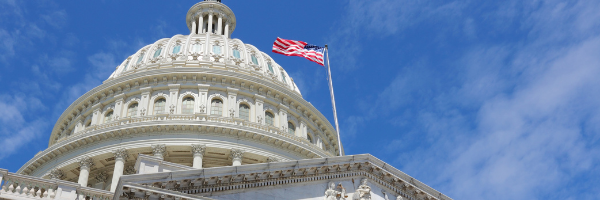
Elections to the United States House of Representatives will take place on November 8, 2022. The seats of all 435 representatives are up for election this year, along with the seats of five of the six non-voting members of the U.S. House. Democrats maintained their majority in the in the 2020 elections, winning 222 seats…
-
Ballotpedia’s Top 15 races to watch in 2021
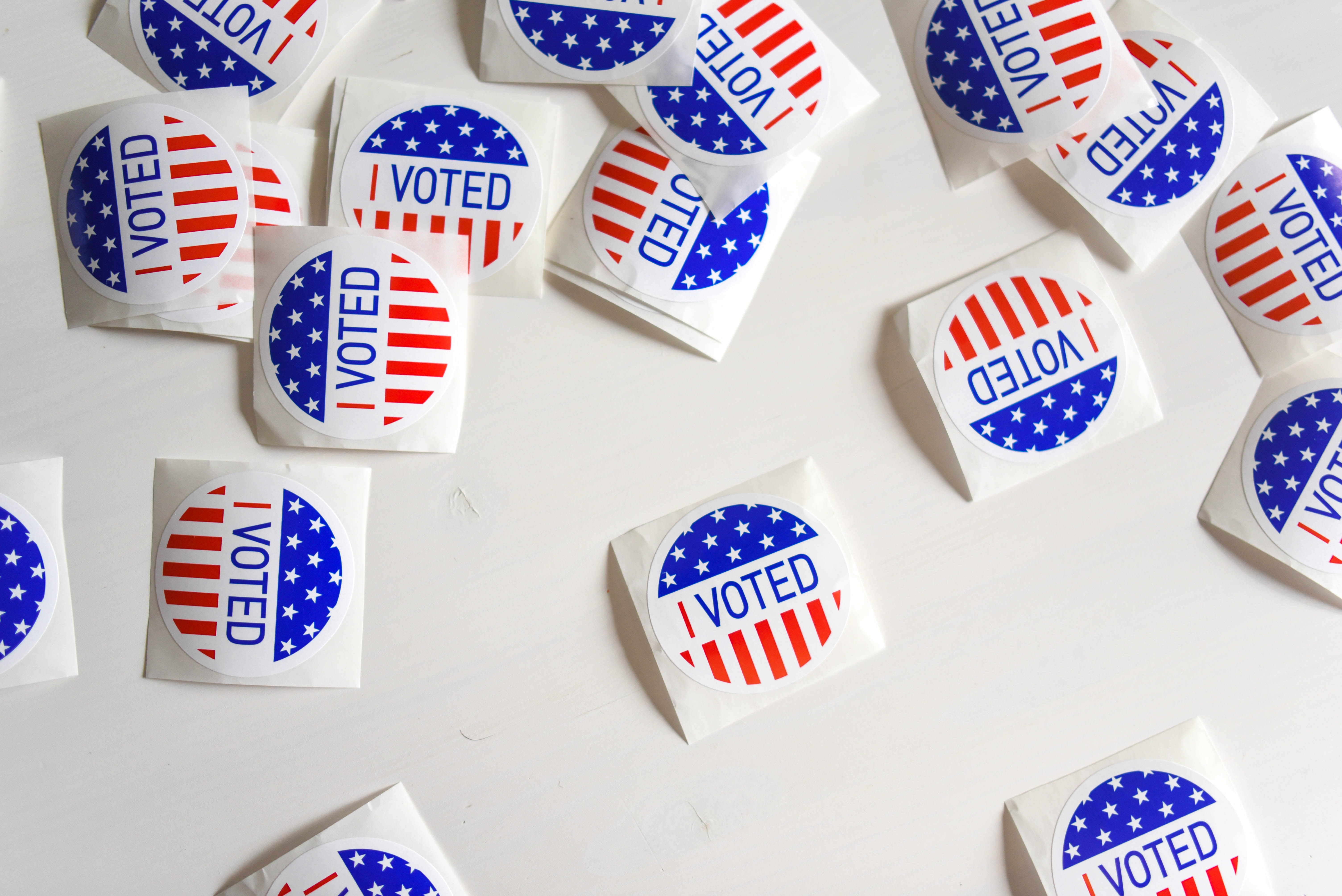
While there are no federal elections taking place this year other than special elections, statewide elections for political office are taking place in three states and local elections are occurring across the country. Ballotpedia’s top 15 races to watch this year include: Attorney General of Virginia: Incumbent Mark Herring (D) and challenger Jason Miyares (R)…
-
Update on Seattle’s mayor and council primary election results

Seattle, Washington, held top-two primary elections on Tuesday, Aug. 3. Results of the races are pending. Elections in Washington are conducted primarily by mail (ballots may also be deposited in drop boxes or returned in person). Ballots postmarked by Aug. 3 will be counted. King County Elections plans to release updated vote totals each weekday…
-
Iowa House of Representatives District 37 special election set for Sept. 14
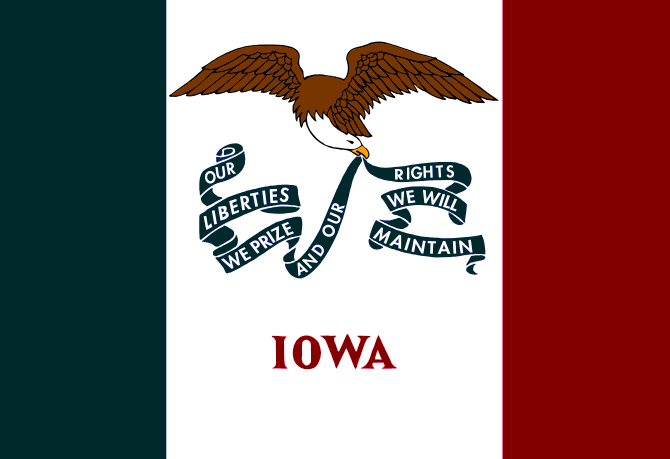
Election officials have scheduled a special election for the District 37 seat in the Iowa House of Representatives for Sept. 14. The seat became vacant after John Landon (R) died on July 29. There is no primary, and candidates will be nominated directly by political parties.
-
Primary election set for Aug. 3 in Tucson, Arizona

The municipal primary in Tucson, Arizona, is scheduled for Aug. 3, 2021. Candidates are competing to advance to the general election scheduled for Nov. 2. The filing deadline to run passed on April 5. Candidates filed for three seats on the six-seat city council. In Ward 3, Kevin Dahl will face Juan Padres in the…
-
Washington sheriff recall to be held Aug. 3
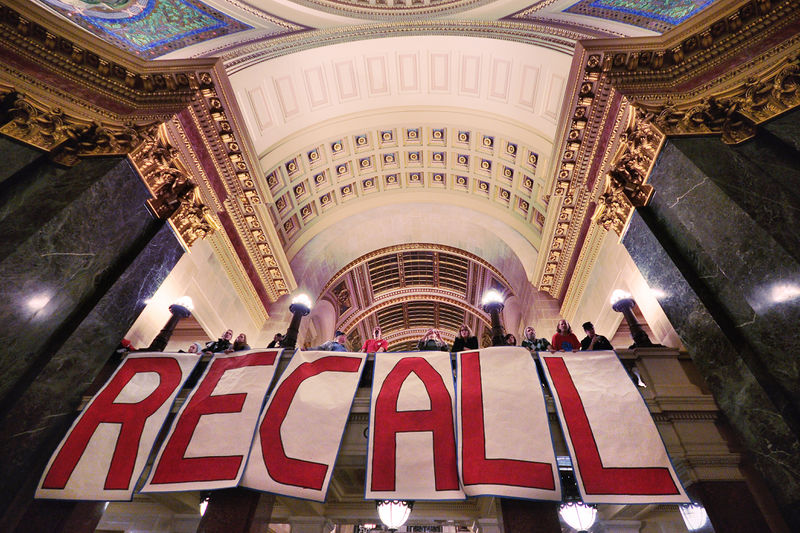
A recall election seeking to remove Jerry Hatcher from his position as Benton County Sheriff in Washington is being held on Aug. 3. Recall supporters had to collect 13,937 signatures in six months to put the recall on the ballot. The recall effort began in July 2020 and was led by the Benton County Sheriff’s…
-
Candidate filing deadline for school board positions in Ohio is Aug. 4
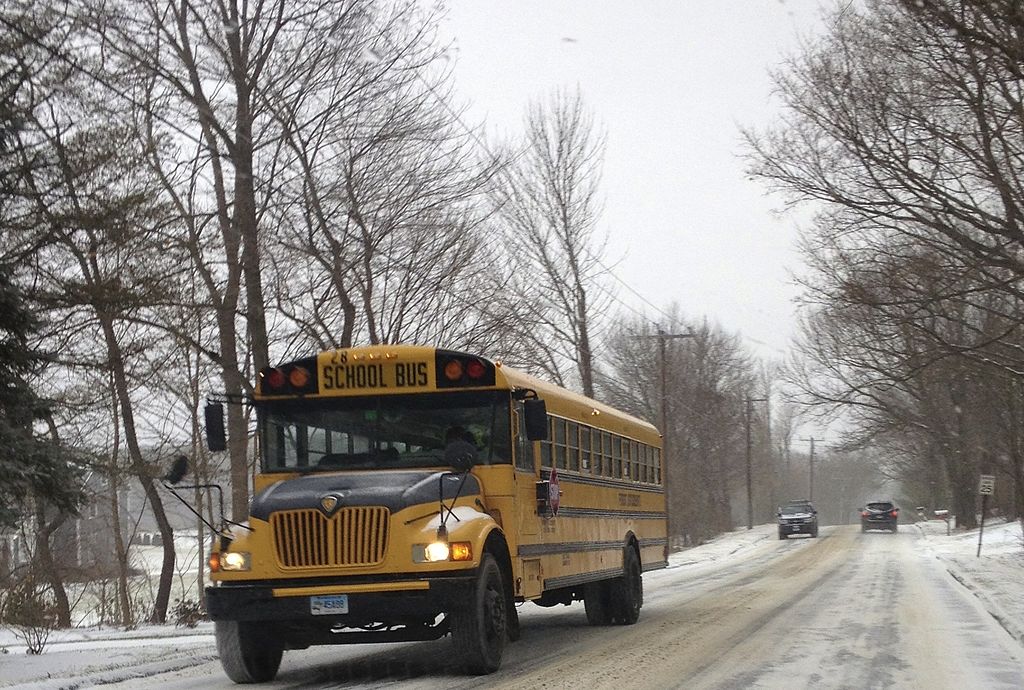
Candidates interested in running for their local school board in Ohio have until Aug. 4 to file, unless the district held a primary earlier in the year. The general election is scheduled for Nov. 2, and new board members will take office on Jan. 1, 2022. Ballotpedia is covering elections in 20 Ohio school districts…
-
Special primary elections to be held on August 3 in Michigan State Senate Districts 8 and 28
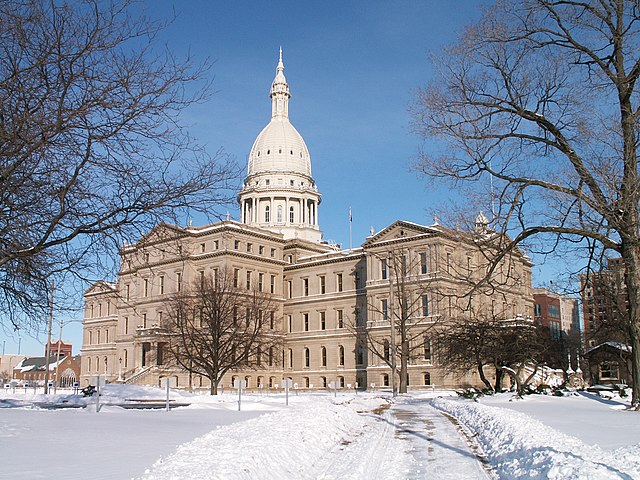
The special primary elections for Michigan State Senate District 8 and 28 are on Aug. 3. The major party candidate filing deadline passed on April 20, and the filing deadline for minor party and independent candidates is Aug. 4. The general election is scheduled for Nov. 2. District 8 In the Democratic primary, John Bill…
-
Seattle city attorney primary to take place August 3, 2021

Incumbent Pete Holmes, Ann Davison, and Nicole Thomas-Kennedy are running in a nonpartisan primary election for city attorney of Seattle, Washington, on August 3, 2021. The top two candidates will advance to the general election on November 2, 2021. According to a survey conducted by Crosscut, a nonprofit news site, the top issues for voters…
-
Democratic, Republican candidates advance unopposed to special election in Tennessee state House district

The special primary election for Tennessee House of Representatives District 29 is on July 27. DeAngelo Jelks is running unopposed in the Democratic primary, and Greg Vital is running unopposed in the Republican primary. The candidates will advance to the general election, scheduled for Sept. 14. The special election was called after Mike Carter (R)…

